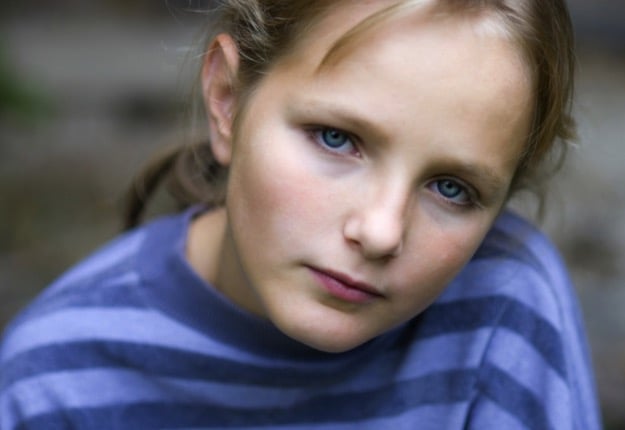As we all know kids are very impressionable and the words we use can be a lot more powerful than we think.
Here is a list of words that I personally believe should never be used with your children, to help them grow up to be confident, happy adults.
1) Fat
There is enough in the media and social networks that cause people to look down on themself and not feel good enough.
Children should not be exposed to things that can lower their self esteem.
This includes you using the word fat in regards to yourself. Sentences such as “Ugh, I’m feeling really fat today” or “Do these pants make me look fat?” can have quite an impact on children and can put an unnecessary focus on the outward appearance.
2) Can’t
Putting boundaries on children around their abilities is never a good idea. There is going to be enough in the big wide world that cause a child to question themselves.
This should not come from us. We should be the people that teach our children than anything is possible.
The word “can’t” creates limitations and is often used so frequently and usually not even in the right context. “Can’t” is actually a word that means unable, as in physically or mentally. Such as “you cannot fly.” However it is often used so often by parents in the setting of boundaries such as “you can’t play in the mud.”
This is actually incorrect as physically the child is quite capable of playing in the mud. If you are setting a boundary try using “You are not allowed” or “You may not”.
3) Bad
This word should not be used in relation to your child ever.
Telling a child they are bad can have a serious impact in their view of themself and will in fact have an influence on future behaviour.
If they are doing something you don’t like, try explaining to them that the behaviour is unacceptable and will not be tolerated, not that they are bad.
In relation to food “bad” is also a word that should be avoided. Labelling foods as “bad” or “good” can also lead to eating disorders down the track as children should instead be taught moderation and what is healthy, rather that foods being “bad” which can cause guilt and other issues around eating.
4) Hate
I have never liked the word “hate”. Neither did my mother.
It is such a strong word and once in the vocabulary it is often lumped to so many things… foods, activities, weather even people. Allowing our children to use it can lead to other negative words and can increase feelings such as anger and discontent.
5) Smart or gifted
Although these both sound like great words they can have a bigger impact on your child than you think.
Any kind of labelling can bring about positive or negative results. Calling a child “Smart” or “gifted” has been shown to cause more harm than good. Why? Because once a child thinks they are “gifted” they link this to their self esteem and studies have shown that these children are less likely to put in a lot of effort to a task – why should they? They are already smart.
They also tend to take less risks, can become unteachable – they already know it all and they undermine the value of learning.
Overall, there is huge power in words and we as parents, grandparents, carers etc need to think carefully before letting them escape our lips, especially in the presence of our children.
Words need to uplift and encourage but not be unrealistic or “labelling” to our children.
What words do you find yourself using that you wish you didn’t? Which words from the list really made you think? Please share your thoughts below.




















11:38 am
5:22 am
5:58 pm
3:45 pm
12:57 pm
12:24 pm
3:57 am
-

-
-
Ellen replied
- 25 Feb 2018 , 4:02 am

Reply4:56 pm
4:46 pm
4:44 pm
12:37 pm
7:37 am
11:47 pm
10:25 pm
8:44 pm
7:15 pm
10:32 pm
10:12 pm
11:40 pm
7:06 pm
- 1
- 2
- …
- 5
- »
Post a commentTo post a review/comment please join us or login so we can allocate your points.